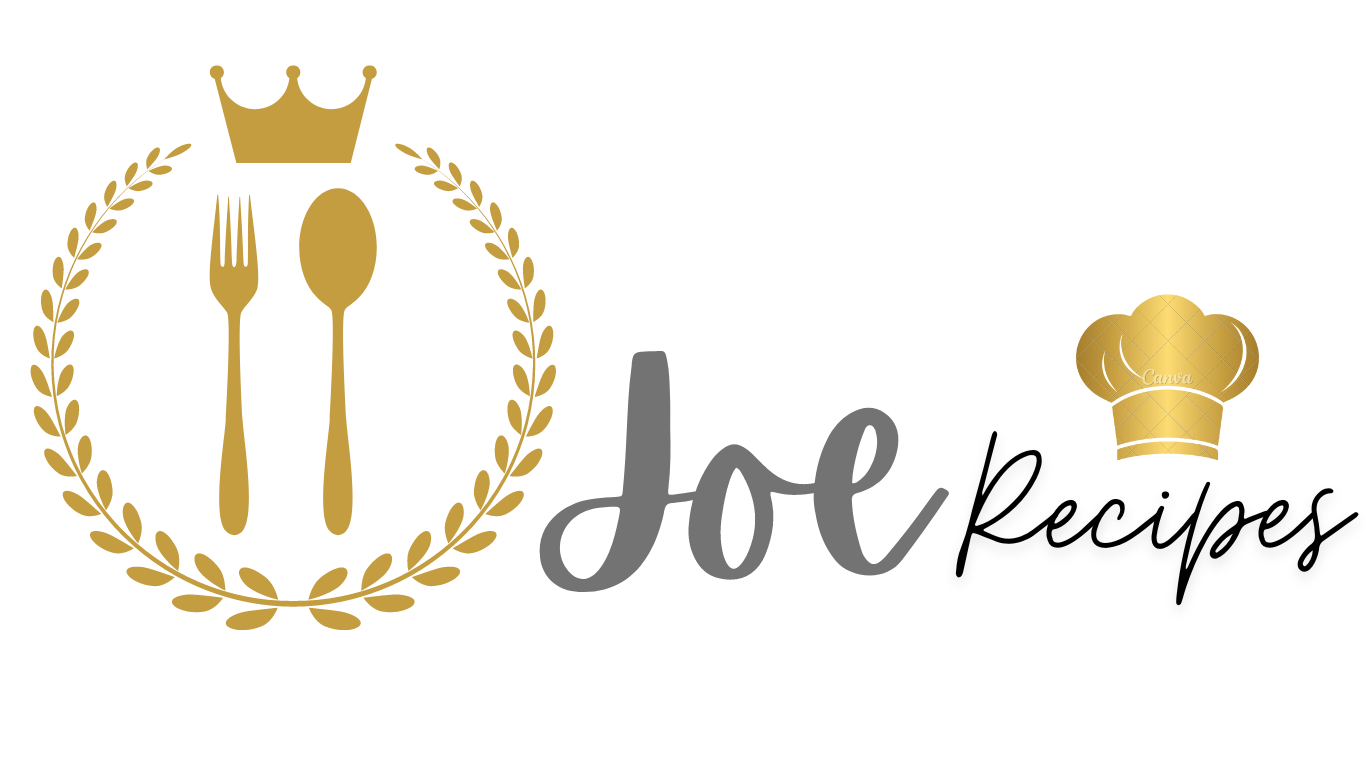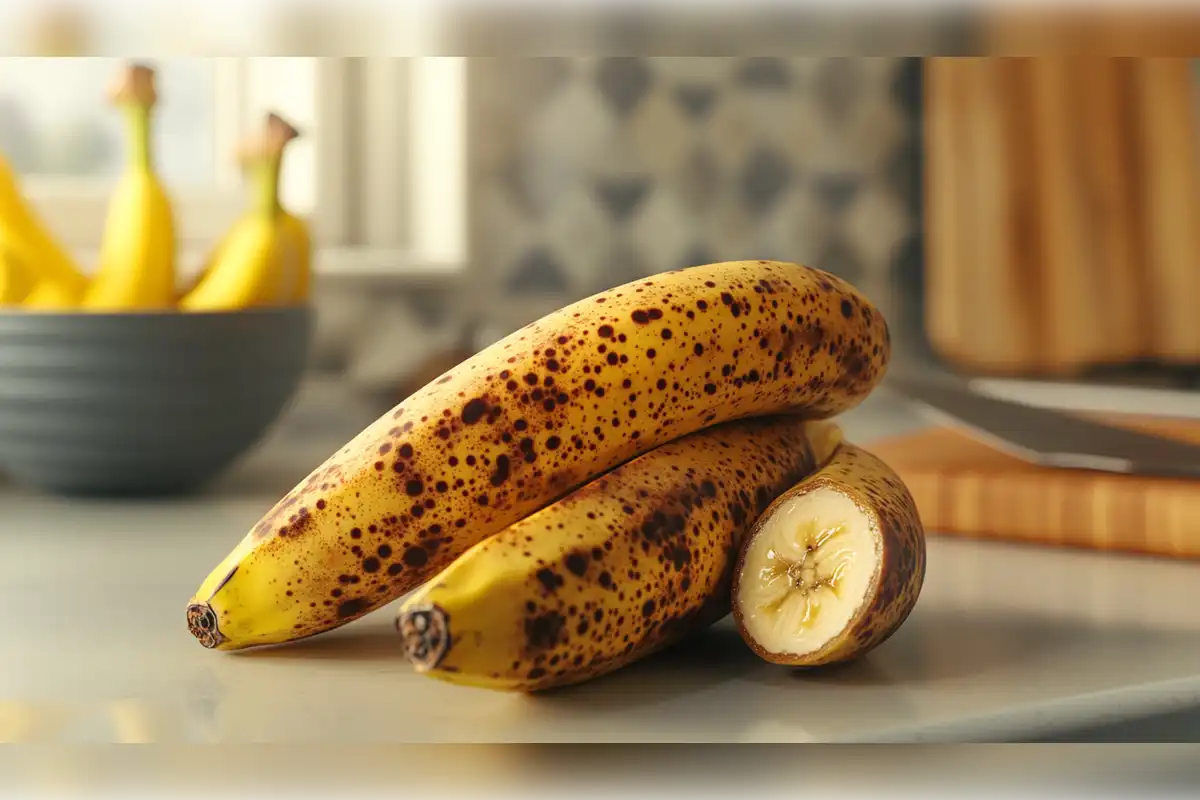Have you ever reached for a banana, only to find it has turned brown? You may wonder, Can you eat brown bananas? The short answer is yes! Brown bananas are not only safe to eat, but they also offer several health benefits. In this article, we’ll explore why bananas turn brown, how their nutritional value changes as they ripen, and some delicious ways to use them.
Why Do Bananas Turn Brown?
Bananas go through a natural ripening process, which causes them to turn brown. This is due to a process called enzymatic browning. As bananas ripen, they produce a gas called ethylene, which breaks down chlorophyll (the pigment that keeps bananas green). The breakdown of chlorophyll reveals the yellow color, and over time, as bananas continue to ripen, they turn brown.
The browning process accelerates when bananas are exposed to air, bruising, or higher temperatures. The result is a soft, brown banana that many people shy away from. But, before tossing that banana, consider its benefits.
Nutritional Changes in Brown Bananas
Many people wonder if the nutritional value of a banana changes as it ripens. As bananas turn brown, the starches in them break down into sugars. This makes brown bananas sweeter and easier to digest. Interestingly, studies show that brown bananas may contain higher levels of antioxidants, which help fight free radicals in the body. According to Healthline, bananas are rich in potassium, vitamins B6, and vitamin C, and these nutrients remain intact even as the fruit ripens.
Not only are brown bananas nutritious, but they’re also excellent for gut health. The softer texture of brown bananas makes them easier to digest, especially for people with sensitive stomachs. In fact, eating overripe bananas can provide a quick energy boost due to their higher sugar content.
Fun Fact: The antioxidant content in bananas increases as they ripen, making brown bananas a great addition to your diet.
Can Brown Bananas Be Harmful?
It’s common to worry that brown bananas may be unsafe to eat. While browning is a natural part of the ripening process, there are some signs that a banana has gone bad. If a banana has large, black spots, mold, or a sour smell, it’s best to avoid eating it. However, brown bananas without these signs are perfectly safe to eat.
However, as with any fruit, moderation is key. You can tell if a banana has gone too far by its texture, smell, or appearance of mold.
Health Benefits of Eating Brown Bananas
One of the greatest advantages of eating brown bananas is the increased availability of antioxidants. As bananas ripen and brown, they produce tumor necrosis factor (TNF), a substance known to help fight abnormal cells in the body. This means that brown bananas may actually support the immune system more than their yellow counterparts. Additionally, their high potassium content helps maintain heart health, while their natural sugars provide an excellent source of energy.
Digestive Health
Due to their softer texture, brown bananas are easier to digest, making them a perfect snack for those with sensitive stomachs or digestion issues. The fiber content remains intact, contributing to good digestive health, while the sugar content offers quick energy. Moreover, bananas in their brown stage can help relieve constipation due to their high soluble fiber content.
Eating overripe bananas can also help regulate gut flora. The natural sugars present in brown bananas provide the necessary fuel for beneficial gut bacteria, supporting a healthy digestive system overall.
Best Uses for Brown Bananas
Wondering what to do with your overripe bananas? Instead of throwing them away, try these delicious and practical uses:
- Smoothies: Brown bananas add natural sweetness to your smoothies without the need for added sugar. They blend easily, giving your smoothie a creamy texture.
- Banana Bread: Overripe bananas are ideal for banana bread, as their sweetness enhances the flavor of the loaf.
- Pancakes and Waffles: You can mash brown bananas and mix them into pancake or waffle batter for extra moisture and flavor.
- Frozen Banana Snacks: Slice and freeze brown bananas for a healthy, sweet treat. You can dip them in chocolate or use them in smoothies for a chilled texture.
- Banana Muffins: Add mashed brown bananas to muffin batter for a naturally sweet and moist outcome.
Pro Tip: Freeze overripe bananas for future use in smoothies or baking. Just peel, slice, and freeze in airtight bags!
Storing Bananas to Prevent Browning
To prevent bananas from turning brown too quickly, you can store them in a variety of ways:
- Refrigeration: Place bananas in the fridge once they reach your desired level of ripeness. The peel will continue to darken, but the fruit inside will stay fresh for a few more days.
- Plastic Wrap: Wrapping the stems of bananas in plastic wrap can slow the release of ethylene gas, which causes ripening.
- Freezing: If your bananas have already turned brown, freezing them is a great option to preserve them for future use in smoothies or baking.
By applying these storage tips, you can extend the life of your bananas and avoid unnecessary waste. Check out this easy graham cracker recipe to pair with your frozen banana snacks!
FAQ Section
Can You Eat Brown Bananas When Pregnant?
Yes, brown bananas are safe to eat during pregnancy. In fact, the higher sugar content can provide an energy boost, and the softer texture may help with nausea or digestion issues common in pregnancy. Just make sure to avoid bananas with mold or a sour smell.
Are Brown Bananas Healthier Than Yellow Ones?
Both brown and yellow bananas have their benefits. Brown bananas contain more antioxidants and are easier to digest, while yellow bananas have a slightly higher starch content. Brown bananas also tend to be sweeter due to the breakdown of starch into sugar.
What is the Best Way to Store Brown Bananas?
If you don’t plan to eat your brown bananas immediately, the best option is to freeze them. Simply peel, slice, and store them in airtight containers or bags. Refrigeration can also keep the fruit fresh for a few more days, but freezing is best for long-term storage.
Can Brown Bananas Cause Stomach Upset?
For most people, brown bananas are easier to digest because they contain less resistant starch and more simple sugars. However, if the banana has begun to spoil (e.g., if it has a sour smell or mold), it could cause stomach upset. Be sure to inspect for any signs of spoilage before consuming.
How Can You Tell If a Brown Banana Has Gone Bad?
A banana is bad if it has large black spots, mold, or a sour smell. The texture will also be mushy, and it may have a fermented or alcohol-like smell. If the banana displays any of these signs, it’s best to discard it.
Can You Freeze Brown Bananas?
Yes, you can freeze brown bananas, and it’s an excellent way to preserve them for future use. To freeze brown bananas:
- Peel the banana.
- Slice it into manageable pieces.
- Arrange the slices on a baking sheet in a single layer to freeze them individually.
- After they are frozen, move the slices into an airtight container or freezer bag for storage.
Frozen brown bananas are perfect for smoothies, baking, or even as a quick snack. Just make sure to use them within 2-3 months for the best quality.
Do Brown Bananas Have More Sugar?
Yes, as bananas ripen and turn brown, the starches in the fruit break down into sugars. This is why brown bananas taste sweeter than yellow or green ones. The transformation of starch into simple sugars makes them easier to digest and provides a quick source of energy. Although they contain more natural sugar, they are still a healthy choice when consumed in moderation.
How Long Can You Store Brown Bananas in the Fridge?
Brown bananas can be stored in the fridge for up to a week, but it’s important to note that while the skin may continue to darken, the fruit inside will stay fresh. If you plan to store them longer, freezing is a better option. The cold temperature of the fridge slows down the ripening process, helping preserve the fruit for a few extra days.
Conclusion
In conclusion, can you eat brown bananas? Absolutely! Not only are they safe to eat, but they also offer numerous health benefits, from being rich in antioxidants to supporting digestive health. Whether you use them in smoothies, banana bread, or as frozen snacks, brown bananas are a versatile and nutritious option. So the next time your bananas start to brown, don’t toss them—get creative with these delicious ideas instead!

